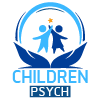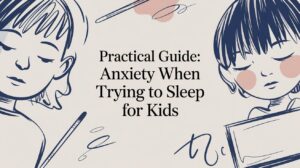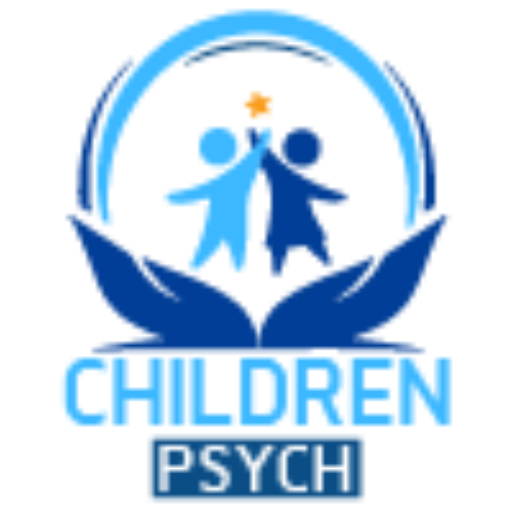Many children occasionally have problems falling asleep. Your child’s risk of mental health illnesses like depression and anxiety may be higher if they don’t outgrow their sleep issues.
According to a recent study, spotting and treating children with insomnia as soon as feasible is critical.
A research by the American Academy of Sleep Medicine found that children with insomnia symptoms that last into young adulthood are nearly three times more likely to have sadness, anxiety, and other mental health disorders.
Children in the research who had problems falling or staying asleep didn’t outgrow it in about 40 percent of cases.
When they were young adults, children whose symptoms subsided over time did not have a higher chance of developing mental health issues. Researchers concluded that parents might be able to assist in preventing future mental health issues by getting involved early.
Read more about this correlation in the sections below.
A Relationship with Two Directions
The study supports other studies that found a connection between childhood sleep issues and mental health illnesses and that these two conditions can exacerbate one another. Both directions are involved in the relationship.
Insomnia can cause mental health issues like impulsivity, pessimism, and suicidal thoughts. This emphasizes how crucial proper sleep hygiene is for adolescents.
Insomnia and other sleep disorders are more prevalent among those with mental health issues. More than half of mental patients experience chronic sleep difficulties.
Why does sleep impact mental health? Sleep has many beneficial effects on our bodies and minds, despite the fact that the underlying mechanisms are complicated and currently being studied.
Consistently getting enough sleep each night helps improve immune system performance, learning and memory, emotional well-being, and the regulation of stress hormones and other brain chemicals.
Mental Illnesses Frequently Linked to Sleep Issues
Research shows numerous mental health conditions are associated with childhood sleeplessness.
-
Depression
90 percent of both adults and kids with serious depression experience sleep issues. Sleep issues also increase depression risk.
According to one study, those with a history of sleeplessness are four times more likely to have serious depression than those who sleep normally.
People with depression who have sleeplessness are more prone to relapse and are less likely to respond to treatment.
-
Bipolar Disorder
99 percent of bipolar patients have insomnia or have a reduced need for sleep during a manic episode. Others claim to sleep too much.
-
Anxiety
People with post-traumatic stress disorder, generalized anxiety disorder, and other types of anxiety frequently experience sleep issues. Teenagers frequently experience symptoms such as difficulty falling asleep and shallower sleep than typical children.
-
ADHD
In 50 percent of children with ADHD, it is difficult to fall asleep or sleep soundly. Breathing troubles while sleeping, restless legs syndrome or other movement disorders are additional typical issues.
Taking Care of Sleep and Mental Health Problems
Children’s sleep problems can be treated, which can help with the symptoms of mental illness. Numerous strategies, beginning with lifestyle adjustments like exercise and avoiding sweets and caffeine late at night, can improve both sleep and mental health.
In addition, they can experiment with counseling, medicine, good sleeping habits, and relaxing techniques like meditation.
Conclusion
If your child exhibits symptoms of a sleep issue, speak with your primary care physician. Sleep problems in teenagers may indicate a health issue or a problem with medicine.
Consider speaking with a counselor, therapist, or psychiatrist as well because sleep difficulties frequently co-occur with mental health problems. With assistance, your child can develop sound sleeping patterns that will benefit their long-term physical and mental health.
Understand depression in children with Children Psych. We provide individualized psychiatric mental health care for children and families in Orange and Long Beach, California, as well as Phoenix, Arizona.
Call today to consult with our psychiatrists and board-certified psychiatric nurse practitioners.




